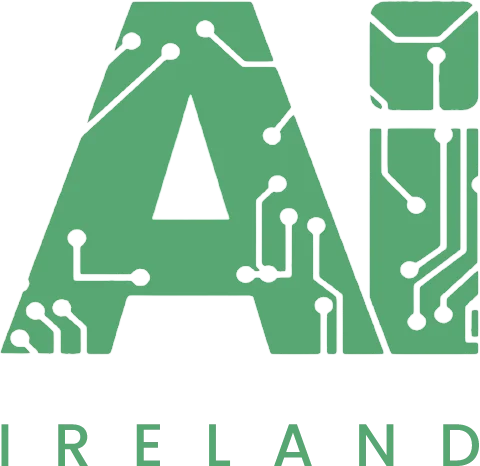Artificial Intelligence is still an unfolding technology, and its complete influence and advantages remain untapped. AI breakthroughs are among various elements causing disruption in current markets and facilitating fresh digital business projects. Moreover, AI finds applications in diverse sectors, companies and roles in many ways.
Here are a few examples of AI application in business operations:
1. AI in Human-like Communications
Machine learning is paving the way for AI applications such as chatbots, autonomous vehicles, and smart robots that replicate human communications.
2. AI in Biometrics
Through deep learning techniques, AI provides solutions like facial recognition and voice recognition. Neural networks are used to hyper-personalize content through data mining and pattern recognition.
3. AI in IT Operations/Service Desk
AI facilitates IT support with Virtual Support Agents, ticket routing, information extraction from knowledge management sources, and providing answers to common questions.
4. AI in Supply Chain Management
AI assists with predictive maintenance, risk management, procurement, order fulfilment, supply chain planning, promotion management, and decision-making automation.
5. AI in Sales Enablement
AI can help identify new leads, nurture prospects through intelligent tracking and messaging, as well as improve sales execution and revenue through guided selling.
6. AI in Marketing
AI enables real-time personalization, content and media optimization, campaign orchestration, and uncovers new customer insights for effective marketing deployment.
7. AI in Customer Service
AI predicts customer needs and proactively deflects inquiries. Virtual customer assistants equipped with speech recognition, sentiment analysis, and automated quality assurance provide round-the-clock customer service.
8. AI in Human Resources
AI facilitates recruitment processes, skills matching, and leverages recommendation engines for learning content, mentors, career paths and adaptive learning.
9. AI in Finance
AI helps in dynamic processes requiring judgment and handling unstructured, volatile, high-velocity data. Examples include new accounting standards compliance, expense reports review, and vendor invoice processing.
10. AI in Sourcing, Procurement, and Vendor Management (SPVM)
AI assists in spend classification, contract analytics, risk management, candidate matching, sourcing automation, virtual purchasing assistance, and voice recognition.
11. AI in Legal
AI finds use in contract assembly, negotiation, due diligence, risk scoring, life cycle management, e-discovery, invoice classification, and more.
As enterprises adopt AI more widely, it’s inevitable that accompanying threats will arise, potentially posing significant risks to the organization. It’s crucial that these threats are assessed proactively to bolster stakeholder confidence in AI.
By 2025, it’s anticipated that regulations will demand greater emphasis on AI ethics, transparency and privacy. Far from inhibiting AI, these requirements will likely foster trust, stimulate growth and enhance the global performance of AI.



